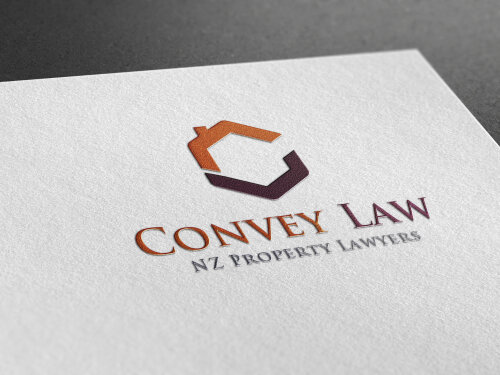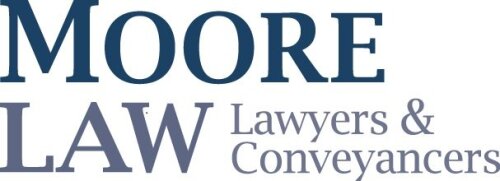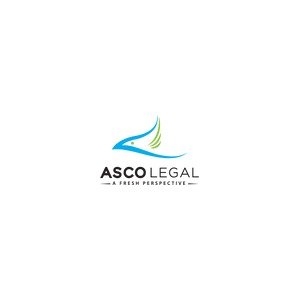Best Commercial Real Estate Lawyers in Auckland
Share your needs with us, get contacted by law firms.
Free. Takes 2 min.
Free Guide to Hiring a Real Estate Lawyer
List of the best lawyers in Auckland, New Zealand
About Commercial Real Estate Law in Auckland, New Zealand
The Commercial Real Estate law in Auckland, New Zealand mainly governs the buying, renting, and selling of business premises. It covers a broad area ranging from the initial signing of contracts till the final sales process. Furthermore, it includes zoning and land use, property taxes, and environmental compliance. The Real Estate Agents Act 2008, the Unit Titles Act 2010, and the Property Law Act 2007 are among the notable legislations that influence this field.
Why You May Need a Lawyer
Commercial real estate transactions are complex legal agreements that involve substantial financial and business implications. You may need a lawyer to help with negotiation of terms, drafting the contracts, reviewing due diligence reports, or addressing any issues that may arise such as environmental compliance or zoning concerns. Additionally, in cases of disputes such as lease disagreements or property rights, the expertise of a lawyer will prove valuable.
Local Laws Overview
The key laws related to Commercial Real Estate in Auckland are the Real Estate Agents Act 2008, which regulates real estate agent behaviour; the Property Law Act 2007, governing the general property rights and transactions; and the Unit Titles Act 2010, which specifically applies to the ownership and management of unit title developments. Additionally, local council regulations in Auckland also set rules for zoning, land use, building consents and environmental compliance.
Frequently Asked Questions
1. Are there any legal protections for commercial tenants in Auckland?
Yes, under the Property Law Act 2007, commercial tenants in Auckland are provided with various protections, including rights to quiet enjoyment and first refusal in lease renewals.
2. What laws govern the transaction of commercial property?
The transaction of commercial property is governed by the Property Law Act 2007 which stipulates the rights and obligations in the selling and purchasing of properties.
3. Who regulates real estate agents in Auckland?
The Real Estate Agents Authority (REAA) under the Real Estate Agents Act 2008 is the regulatory body for real estate agents in Auckland, and the entire New Zealand.
4. Can I repurpose a commercial property to a residential one?
You may be able to do so, but it depends on zoning laws and council regulations specific to the location of the property. A legal consultation is advised in this scenario.
5. What kind of disputes can arise in commercial real estate?
Disputes can range from disagreements over leases, property valuations, property rights, environmental concerns, or even conflicts with construction and planning.
Additional Resources
Resources like Tenancy Services and the Auckland Council's website could provide additional information on Commercial Real Estate Laws. The Real Estate Institute of New Zealand (REINZ) and New Zealand Law Society may also prove useful for updates in legislation and industry practices.
Next Steps
If you need legal assistance in Commercial Real Estate in Auckland, consider first identifying your specific needs to narrow down your search for a suitable lawyer. Then, consult the New Zealand Law Society, conduct personal research, and reach out to multiple firms to ensure you find a lawyer that fits your needs and budget. Remember to gather and organize all relevant documentation to aid your consultation process.
Lawzana helps you find the best lawyers and law firms in Auckland through a curated and pre-screened list of qualified legal professionals. Our platform offers rankings and detailed profiles of attorneys and law firms, allowing you to compare based on practice areas, including Commercial Real Estate, experience, and client feedback.
Each profile includes a description of the firm's areas of practice, client reviews, team members and partners, year of establishment, spoken languages, office locations, contact information, social media presence, and any published articles or resources. Most firms on our platform speak English and are experienced in both local and international legal matters.
Get a quote from top-rated law firms in Auckland, New Zealand — quickly, securely, and without unnecessary hassle.
Disclaimer:
The information provided on this page is for general informational purposes only and does not constitute legal advice. While we strive to ensure the accuracy and relevance of the content, legal information may change over time, and interpretations of the law can vary. You should always consult with a qualified legal professional for advice specific to your situation.
We disclaim all liability for actions taken or not taken based on the content of this page. If you believe any information is incorrect or outdated, please contact us, and we will review and update it where appropriate.















